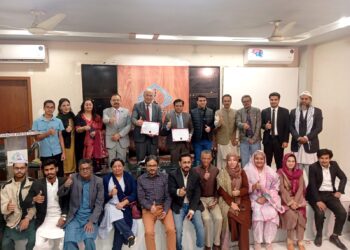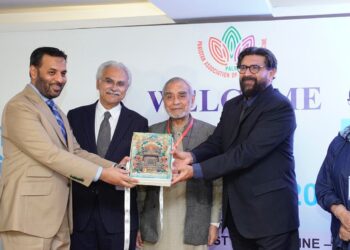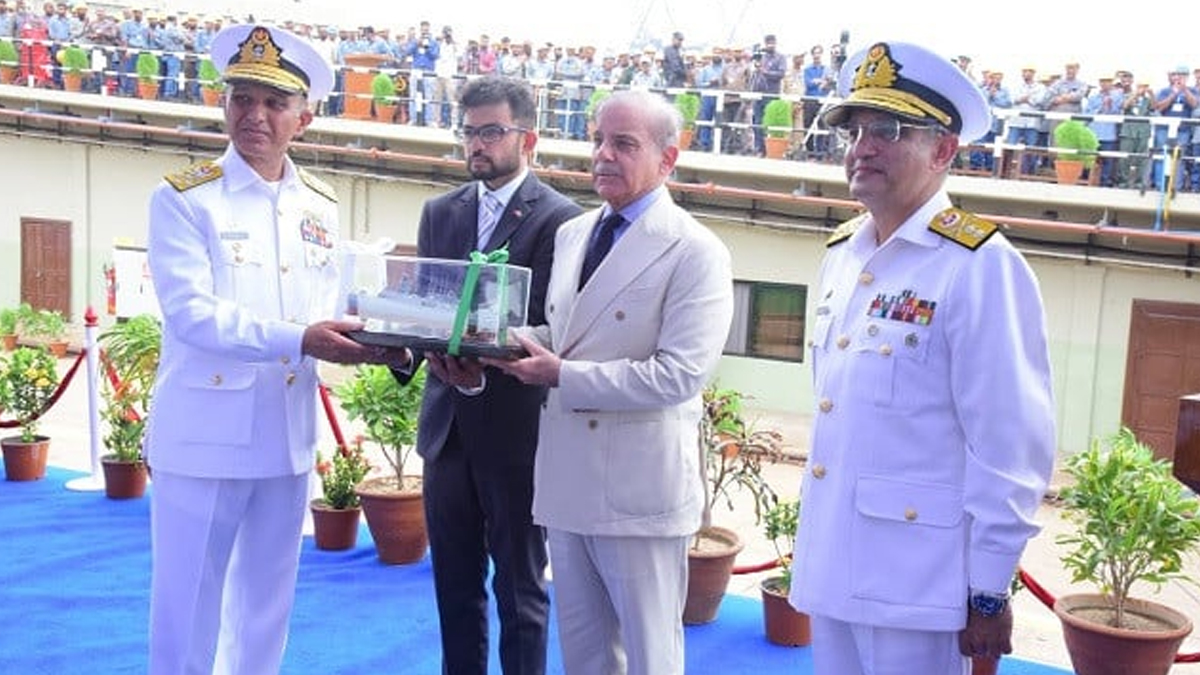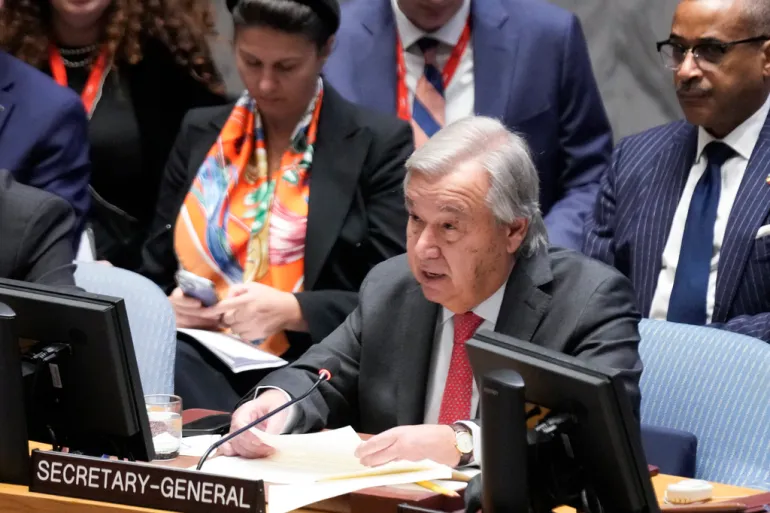Waqar Khan
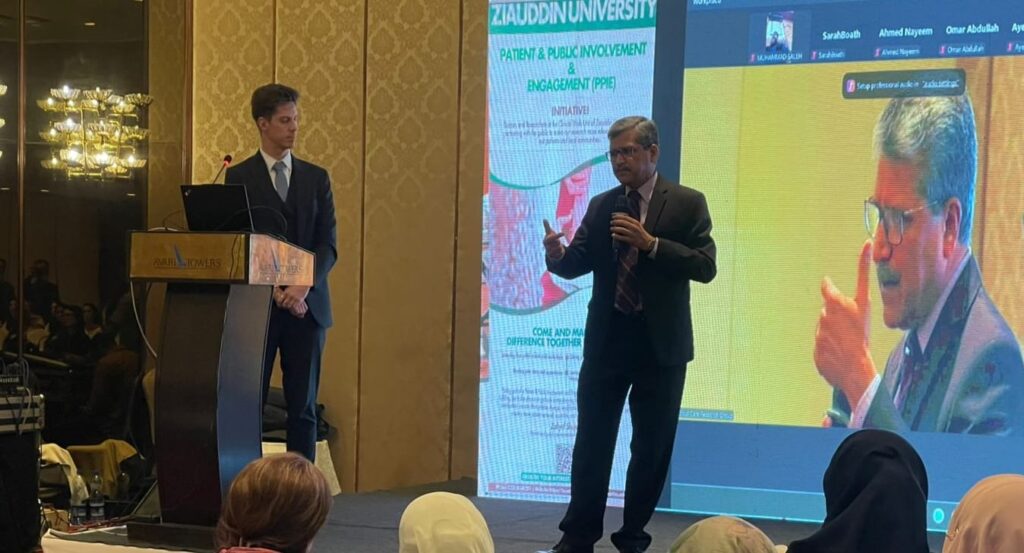
Karachi: The Critical Care Research Group at Ziauddin University, in partnership with the International Severe Acute Respiratory and Emerging Infection Consortium (ISARIC), organized the 2nd National Patient and Public Involvement and Engagement (PPIE) Summit 2025, themed “Awaz se Aaghaz.”
The national summit aimed to cultivate a stronger culture of patient and public involvement in health research by fostering collaboration among researchers, institutions, and communities. It served as a platform to promote awareness, highlight best practices, and build sustainable capacity for inclusive health research in Pakistan.
Delivering the keynote address, Dr. Baber Saeed Khan, Director of the Clinical Trials Unit at the National University of Medical Sciences (NUMS) and Founder of the ACRP Ambassadors Club Pakistan, called for a patient-centric revolution in healthcare research. He underscored that for research to truly transform lives, it must be co-created with communities.
“Building a culture of involvement is not merely procedural—it is the foundation of transparency, trust, and relevance,” Dr. Baber said. He emphasized moving beyond the traditional model where patients are passive subjects to one where they are active partners, adding that lived experiences provide essential insights guiding research toward more equitable outcomes.
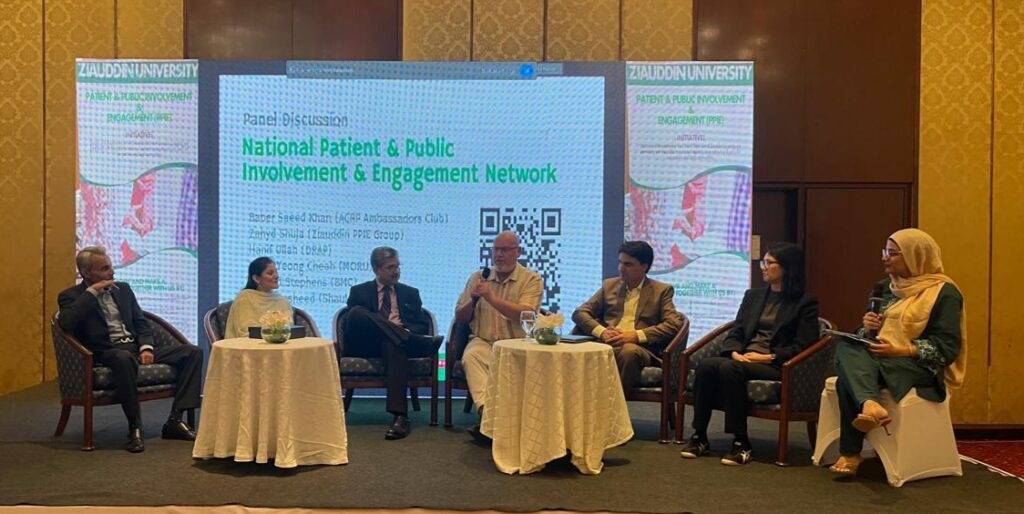
Prof. Dr. Madiha Hashmi, Chair of Critical Care Medicine at Ziauddin University, reaffirmed the summit’s mission to place patients at the heart of national health research. “Our goal is to make the patient’s voice the compass for all health research. Bridging the gap between the public and the research community is vital for fostering trust, understanding, and meaningful collaboration,” she stated.
Adding to this vision, Prof. Dr. Nikhat Siddiqui, active PPIE member and former Dean of Research at Ziauddin University, said the initiative represents “a new chapter for medical research—where lived experience shapes every study from conception to completion.” She highlighted the National PPIE Group’s role in harmonizing diverse voices and setting engagement standards to promote genuine, co-owned partnerships.
Representing the Drug Regulatory Authority of Pakistan (DRAP), Deputy Director Hanifullah stressed the significance of ethical governance and community participation in shaping national health policy. “Meaningful engagement between regulators, researchers, and patients ensures research that is both scientifically sound and socially responsive,” he said.
Distinguished international speakers included Richard Stephens, Patient Advocate (UK) and Co-Editor-in-Chief of Research Involvement and Engagement, and Professor Phaik Yeong Cheah of the University of Oxford and Mahidol Oxford Tropical Medicine Research Unit (MORU), Thailand. Both shared global experiences and frameworks for embedding PPIE principles into healthcare systems.
The summit concluded with a dynamic panel discussion and Q&A session featuring representatives from leading health institutions in Karachi and across Pakistan. The participants expressed a collective commitment to establishing a National PPIE Network, dedicated to embedding patient perspectives at every stage of the country’s health research ecosystem.

